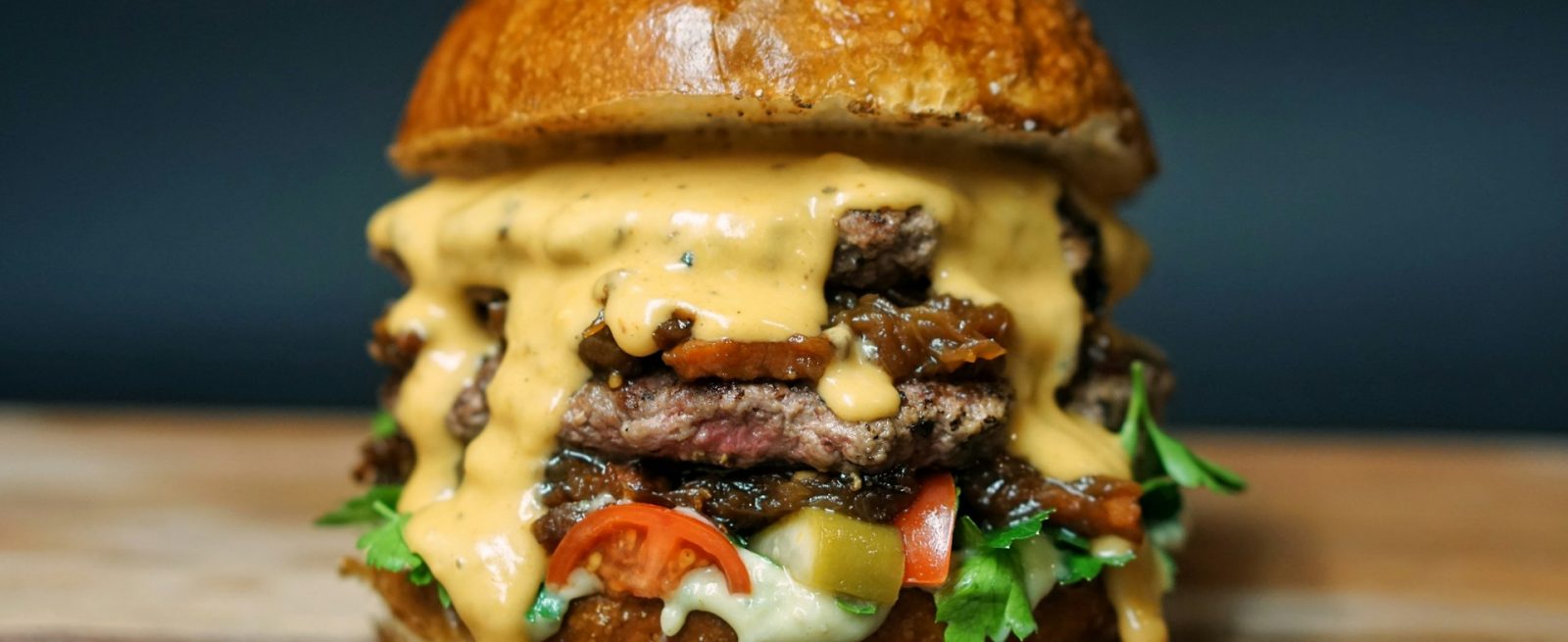The Secret Sauce of Success – Owning Customer Data
3 Min Read By Bob Vergidis
The restaurant industry is changing fast, moving towards using data to truly understand customer preferences and behaviors. The transition from a traditional service model to a knowledge-powered approach is not just an opportunity; it's a necessity for survival and success in the digital age.
The big change in the restaurant business is now about more than just serving food; it's about offering a personalized experience that matches exactly what customers want and expect. A crucial part of doing this well is using customer data wisely.
Most people like it when restaurants remember them and their preferences. This means restaurants need to collect data and use it to keep customers happy, build loyalty and grow their business.
Centralizing the Customer
In this industry, the focus has shifted towards understanding and serving each customer's unique needs. After all, the customer is king and should be the restaurant's primary focus. Investing in tech and centralizing customer data is not merely a strategic move; it's fundamental to creating a more personalized and engaging dining experience.
Customer data plays a pivotal role in improving operational efficiency and promoting innovation.
At the heart of centralizing customer data is the aim to garner a comprehensive understanding of the restaurant's patrons. This means collecting and analyzing data points such as dining preferences, frequency of visits and average spending. By doing this, restaurants can create a 360-degree view of their customers, enabling them to meet and anticipate customer preferences. Data insights can also drive menu innovation, helping restaurants stay ahead of culinary trends and dietary preferences.
This deep insight is the foundation for personalized service, menu customization and targeted marketing campaigns that resonate with their patrons.
While the benefits of centralizing customer data are clear, it's also important to navigate the challenges that come with it. Privacy concerns and data security are at the forefront of these challenges. Restaurants must comply with data protection regulations and implement robust security measures to protect customer data. Transparency with customers about how their data is used and giving them control over their information is also crucial for maintaining trust.
Removing Third-Party Barriers
Yet not all data is created equally. Third-party platforms, on the one hand, provide convenience and expanded reach for restaurants. On the other hand, they retain control over customer data, effectively positioning themselves as gatekeepers between restaurants and their customers. This arrangement can dilute the brand experience, as interactions through these platforms are impersonal.
Even worse, it hinders restaurants' ability to collect direct feedback, understand customer preferences and build loyalty through personalized engagement. The conflict lies in the temporary boost in orders at the cost of long-term customer relationships.
Aside from a lack of control of the customer experience, Dependency on third-party platforms for delivery or reservations can lead to reduced profit margins due to commission fees.
Leveraging Customer Data for Optimized Operations
Integrating technology into restaurant operations, from point-of-sale systems to customer relationship management (CRM) platforms, facilitates the collection and analysis of customer data. These tools can automate data collection, provide real-time analytics and even offer predictive insights to guide operational decisions.
Customer data plays a pivotal role in improving operational efficiency and promoting innovation. By understanding customer behaviors and preferences, restaurants can optimize inventory management, adjust staffing levels according to peak times and even redesign the dining space layout to better fit their needs. This strategic use of data minimizes waste, reduces costs and ensures time is spent on the customer and improving the restaurant.
Leveraging customer data for optimized operations represents a strategic imperative for restaurants seeking to enhance efficiency, improve the customer experience and drive profitability. By turning data into actionable insights, restaurants can make informed decisions that align with customer needs and preferences. However, success in this endeavor requires a balanced approach that considers the ethical implications of data use, ensuring that customer trust is preserved.
As the restaurant industry continues to evolve, those who master the art of owning and leveraging customer data will find themselves at a competitive advantage, poised for long-term success in a market that values personalization and efficiency.


